Exploring the Creative World of Jonathan Petley

For Jonathan Petley, creativity is more than a passion; it’s a lifetime of exploration, experimentation, and personal evolution. With a career that spans over four decades, Jonathan has dipped his toes into countless mediums and styles, embracing both success and failure as integral parts of his artistic journey. His story is a testament to resilience and the relentless pursuit of one’s creative voice. In this interview, Jonathan opens up about the challenges he’s faced, his inspirations, and his unique approach to balancing art and life.
How did you discover your passion for the creative work you do?
Through four decades of untethered experimentation, testing every medium and style I could access, and viewing trial and error as catalysts for growth and understanding.
What inspires you?
My best inspiration comes from thoughtful observation and frequent interaction. It’s hard to think of inspiration without considering movement, emotion, and expression. In my experience, it rarely happens if nothing around me is changing. Newness promotes curiosity, and curiosity can be wildly inspiring.
What challenges have you faced in your creative journey?
Lots of rejection—the first and most obvious answer. But there have been so many difficult challenges over the years:
- Publishers going out of business mid-contract
- Agents requesting work and quitting agenting a month later
- Balancing a full-time technical career with my true passions
- Clients abandoning illustration projects
- Freelance work passed up at the last minute because I wasn’t established enough
- Undiagnosed neurodivergence
- Major product manufacturing issues (recent)
How do you overcome creative blocks or periods of doubt?
Cooking, cleaning, avoiding.
Seriously—I sometimes try changing from one discipline to another, as I’m both a writer and an artist. But the most helpful thing is research. Leaning into something relevant to my craft but much less subjective—something that won’t have me lost in it. Creativity can sometimes lose you. Facts, numbers, and techniques are the sustenance that help better prepare me for my next challenge.
What advice would you give to aspiring creatives?
Make so many things, in as many ways as you can dream them, until they’re crooked, smudged, rejected, and faded, and you’ve tried them again and again, in so many different styles and ways. And never ever stop. Not because I believe you have to meet some arbitrary failure rate before you’ve earned the right to find your voice.
Obviously, failure is essential to growth. But more importantly, it gives us a far better understanding and appreciation for why we’re doing it.
What are your goals for the future?
Publish a series of novels in verse. Build my pattern business and freelancing up enough to go full-time. Find balance.
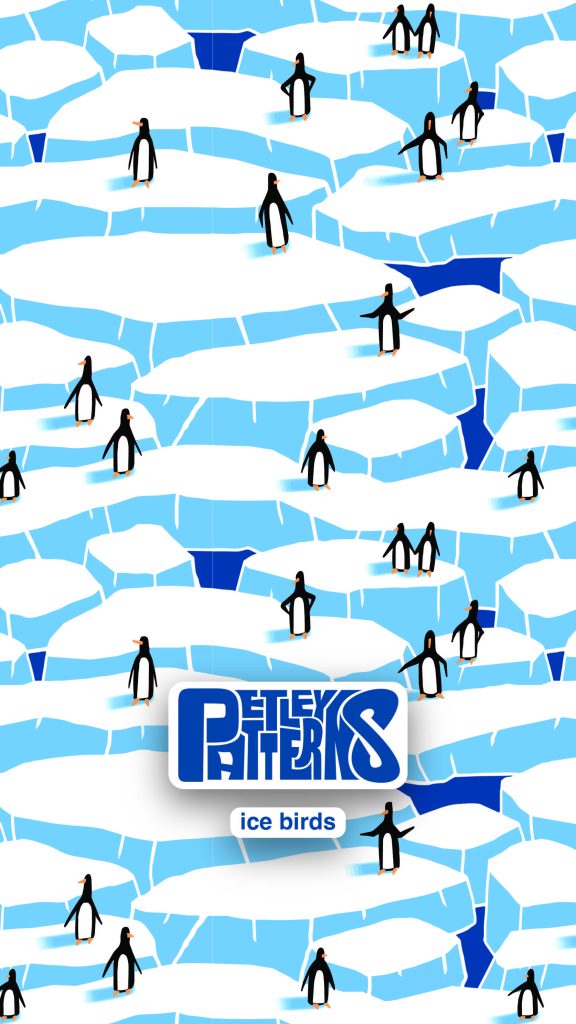
Who are your biggest creative influences?
Wes Anderson, Shel Silverstein, Maurice Sendak, Emily Dickinson, Gary Larson. I’m attracted to artistic voices that have me experiencing their work in a more curious way than I generally would. And I love when an artist feels authentic, and you can tell they’ve grown their craft through passion and practice.
How do you balance your creative work with other responsibilities?
I have to plan for creativity like I do with everything else. If it’s as important as the other responsibilities, I can’t abandon or dismiss it. Even if I’m not inspired or feel blocked, I make an attempt in the name of effort.
What is your favorite creative project you’ve worked on?
The month I built a big hairy Bigfoot marionette for no reason whatsoever. When I knew nothing at all on the subject. I spent all month researching, running around to home improvement and craft stores, cutting, gluing, tying, and painting. I couldn’t believe how much I enjoyed the randomness of it all. And it actually looked damn near professional in the end. I was baffled.
Finding Balance in Life and Art
How do you find balance between your personal and professional life?
I like having an accountability partner. If I communicate my short-term goals, she can help weigh them against our collective goals and guide me. Reasoning about something aloud can be very effective. Once I’ve spoken it, I feel more obligated to follow through, take a break, or do the important thing I was hoping to avoid—whatever I’ve communicated aloud.
What strategies do you use to manage stress and avoid burnout?
Ha. I think when I stop expecting something to happen in any reasonable timeframe, I can manage my expectations better. Time is my most valuable currency, and most of my stress is in the waiting. It’s best if I redirect all that anxiety and focus on what I can accomplish in that moment.
How do you incorporate self-care into your daily routine?
Poorly. But I have improved significantly since I quit my long career.
What role does mindfulness play in finding balance in your life?
I try to always believe there’s an answer, no matter the puzzle. I’m certain there’s a connection between mindset and reality. It’s proven helpful on many occasions. I could even swear I’ve saved the day a few times by believing alone.
How do you prioritize your tasks and avoid feeling overwhelmed?
I decide first what I don’t want to take on, and why. If I can justify taking it off my list, it most certainly comes off the list. Then I put more focus on the rest. It helps to be able to cross a few things off my list right from the start. I can add them to the next list.
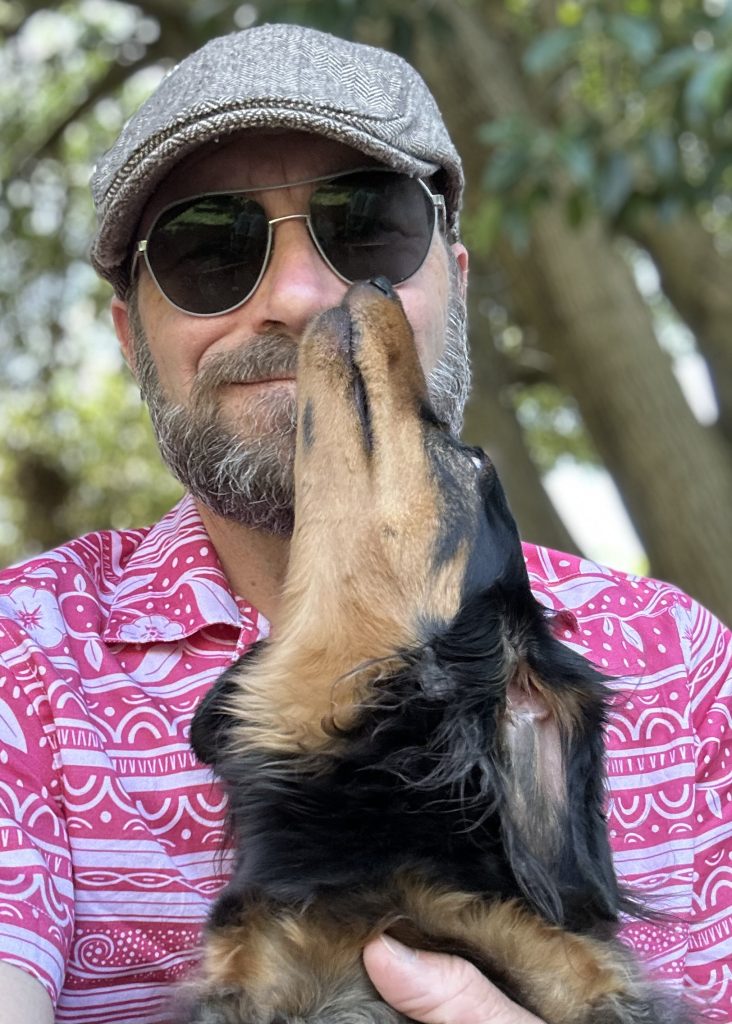
What are your biggest challenges when it comes to finding balance?
Unscheduled events and emergencies. I’m neurodiverse. I usually have a big crazy day already mapped out and timed in my head after spending twenty minutes in the morning worrying about surprise deviations. However, it’s often me that causes everything to go off track.
How do you set boundaries to protect your time and energy?
First, I have to block off at least one weekend every month. Weekends can sometimes be crammed more than weekdays if I’m not careful. Second, I communicate my schedule and my needs to those involved because I don’t expect others to know how busy or burned out I might be.
What are some of the benefits you’ve experienced from finding balance in your life?
More sleep, better relationships, clearer mind, more hope.
How do you ensure you’re not sacrificing your passions for the sake of balance?
Easy, I take at least one tiny step toward my personal goals every day. Even if I simply seek the answer to a goal-related question online, I’ve stayed connected to my goals and can offer the other tasks the space they need.
What advice would you give to someone struggling to find balance?
Kill your darlings—it’s an expression that comes from writing but can certainly apply to life as a whole. It means that sometimes you have to edit out the characters and parts you enjoy because, despite being dynamic and interesting, they’re not serving your story. Think of them as fond memories. You can only carry so much with you on your long journey.
Where can people find you and your work?
You can find me at petleypatterns.com. Follow me on Instagram @petleypatterns and connect on LinkedIn.
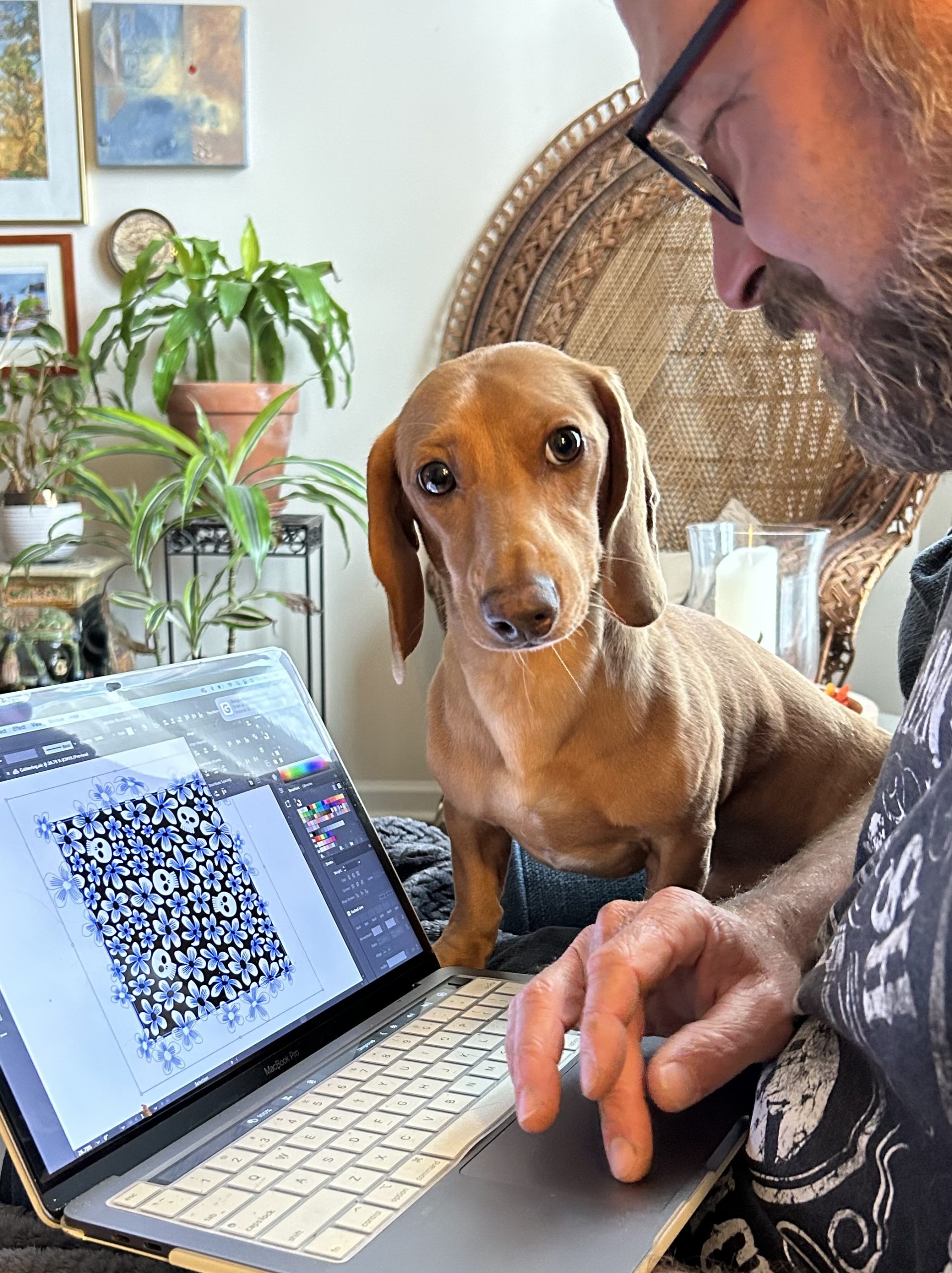
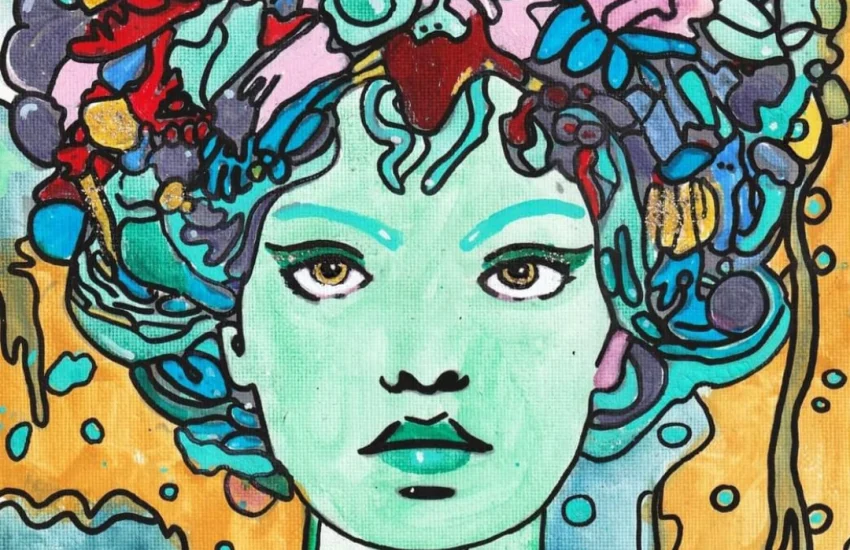
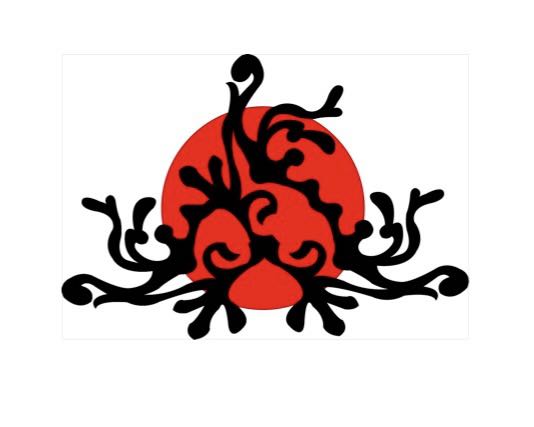
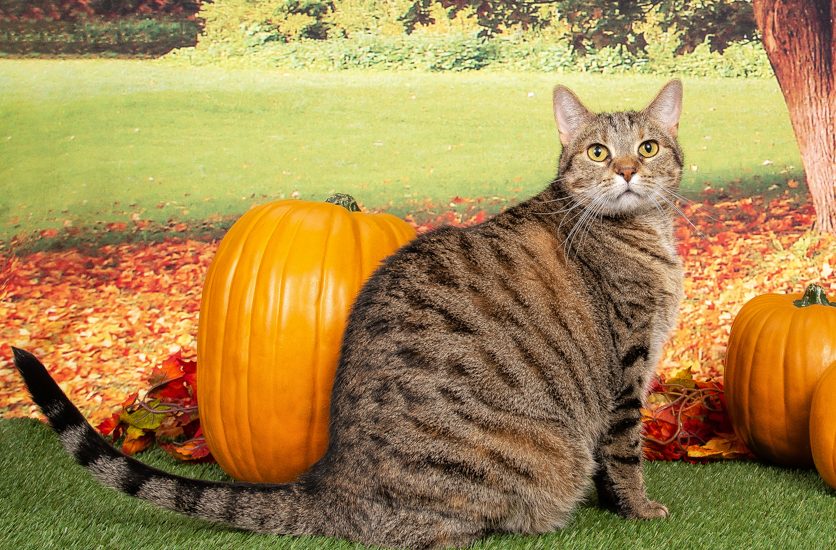
Thank you so much for making me the subject of your latest interview. I’m grateful. This sort of thing is both encouraging and exciting. I hope my words can help and inspire other creatives like myself to keep going, and stay connected to their passions and life goals.
Cheers